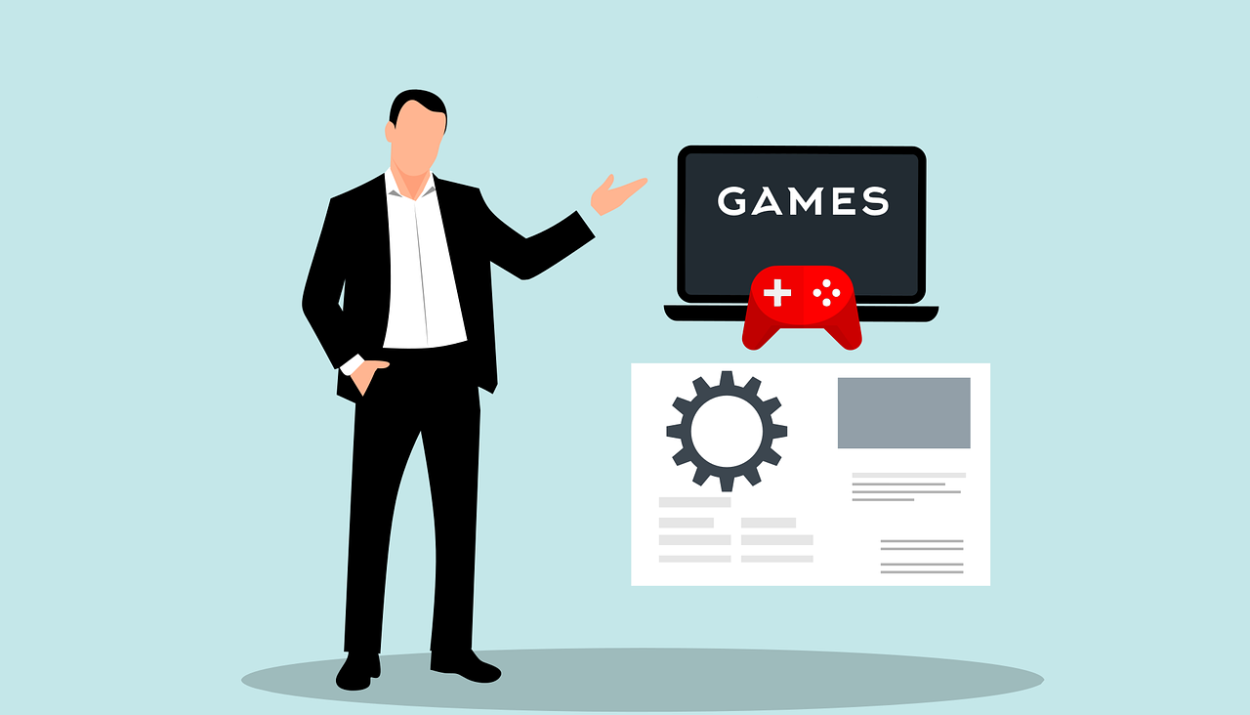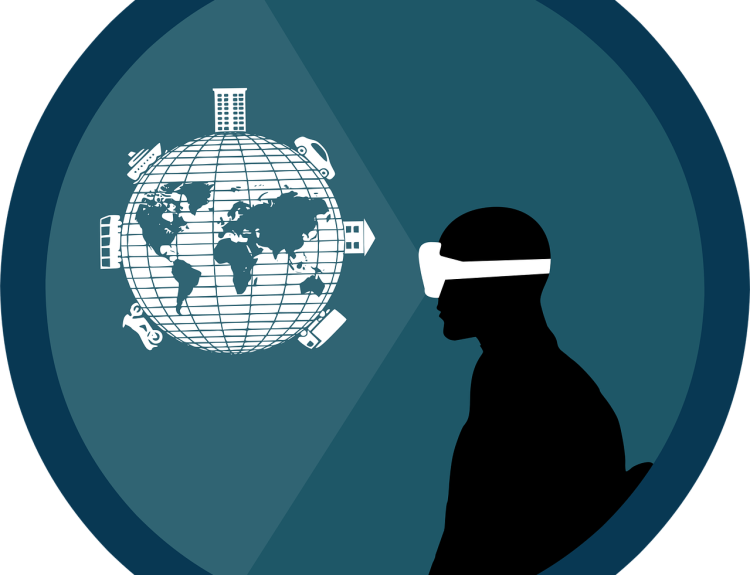In the current market that is booming and challenging at the same time. Game developer sponsorships are a hot lifeline to the game developers, particularly indie and freelance ones. As game development keeps expanding at an extremely high rate, project monetization is a challenging obstacle to most. Finding a balance between monetization and player satisfaction is also not an easy task; excessive monetization may push away players who do not enjoy paying to win or adverts presented to them. The prevailing freemium system has challenges because the number of people who invest money in-game usually is low, and it becomes difficult to sustain revenue.
The gap in financing is closed by sponsorships, which offer funding, resources, and promotion to make it a success. With a more competitive gaming industry, there are a myriad of developers that are not able to maintain a sustainable income as the costs and player expectations are changing. A more adaptable and usually reciprocal option to more traditional monetization schemes, sponsorships help developers to innovate with the help of supportive brands and assist them in gaining visibility and resources.This article identifies the most useful platforms and agencies that enable such valuable connections that assist developers to get the support that they require to succeed in the competitive gaming environment.
Why Sponsorships Matter for Game Developers?
Sponsorships are important to game developers since they are much more than just a source of money. They offer good exposure as they make developers and their games known to more people by a brand association. Such exposure is useful in generating credibility and trust within a very competitive market. Sponsorships also unlock networking opportunities with the industry leaders and other creatives to create collaboration and growth.
The sponsorships are usually not the short-term project work that is characteristic of traditional freelancing or client work, but rather a long-term partnership and brand alignment. The recent development in the world of gaming and esports influencer marketing, live streaming, community-based content, etc., are giving rise to an increasingly expanding ecosystem in which sponsorship deals are flourishing, to the enjoyment of both developers and brands.
What Sponsors Look for in Developers?
Gaining sponsors is not easy. There are various factors that determine whether one wants to invest or not. Game developers with a good portfolio or a playable demo are the ones who will be sought after by sponsors to show their abilities and vision. There should be an active online presence on such social media such as Twitch, YouTube, Discord, etc, as it demonstrates the interest of the community and has a potential to raise the brand of the sponsor.
It is also significant that the niche audience of the developer is similar to the target market of the sponsor and can be relevant and more influential. Finally, professionalism and reliability are the key elements: the regularity of communication, punctuality, and reliable attitude are the factors, which make long-term associations to be beneficial to both sides. By fulfilling these requirements, chances of receiving sponsorship agreements are likely to be successful.
Top Platforms for Game Developer Sponsorships
There are various platforms that can assist game developers in reaching sponsors and each one of them presents a different approach to locating and organizing gaming-specific sponsorship. These platforms include matchmaking sites, giveaways and demos on a gaming-centered platform, creator economy platforms that include fan and brand support, as well as influencer networks within streaming platforms.
Matchmaking platforms (e.g., Upfluence, AspireIQ)
These platforms will focus on matches of creators with brands to enter into sponsorship agreements. They provide easy solutions to the process of search, implementation, and management of campaigns, simplifying the search and locating the right sponsors by developers. Platforms like Upfluence and AspireIQ are full-fledged influencer marketing platforms where brands and creators, such as game developers, can find each other and work effectively.
Gaming-specific platforms (e.g., Woovit, Keymailer).
These platforms are specifically designed to give access to game developers and content creators offering access to free game keys, beta tests, and sponsorships based on gaming niches. Woovit, and Keymailer are some of the examples that connect directly with game developers and creators of gaming content so sponsors can give out game keys, attend to player demo events and create custom campaigns in gaming communities.
Creator economy hubs (e.g., Patreon, Ko-fi with brand collabs)
Although these hubs are mainly built with the purpose of fan support, brand collaborations also take place and a developer can use these hubs as a way of profit as well as through supporter and sponsor relationships. Patreon and Ko-fi, which were originally creator economy hubs built to facilitate fan-supported content have morphed into brand collaborations, giving developers the flexibility to earn not just via ongoing fan support but also via sponsor collaborations. These hubs provide a mix of both community development with sponsorship revenue and this is advantageous to indie developers with loyal fanbases.
Influencer networks (e.g., sponsorship marketplace).
These networks pair streamers and creators with sponsors who are interested in influencer-driven marketing, and provide sponsorships as a part of streaming and content creation platforms. Networks, such as the StreamElements Sponsorship Marketplace, specifically serve creators of streaming and live content, including game developers who stream or create video content. Such networks are built into the streaming platforms to enable smooth monetization opportunities through the trends of influencer marketing.
Agencies Connecting Developers and Brands
The specialized agencies are crucial in linking the game developers to brands and sponsors by professionally representing the developers. The agencies offer skills in bargaining, which guarantee better bargains and preferable contract conditions by developers. They also come across as credible and this will open up bigger and more prestigious sponsorships that an individual developer may not get a chance to reach out to individually.
Among these are international organisations such as Digital Development Management (DDM) that is the studio representation of studios around the world and assists in securing project deals, co-development opportunities and massive business support. The Arsenal Agency, an indie-centric agency, offers custom-made representation and business strategy to independent developers, including finding publishing partners, contract evaluation, and content exposure.
These agencies allow the developers to do the creative work and leave the complicated business side of the business to them and as such, they are priceless partners towards the progress and prosperity in the gaming industry.
How to Choose the Right Platform or Agency?
In selecting the appropriate platform or agency when it comes to sponsoring game developers, the initial step is by considering your target budget and revenue. When you want higher results in a short time, cheaper platforms or commission-based ones may be the most effective.
In the case of long-term collaborations, take into account agencies that provide business support in the long term. Short term sponsorship aims at a specific objective in the short term such as financing a particular project or initiating a marketing campaign, and with results and resources are achieved within a short time.
The long-term objectives would be directed towards a continuous cooperation, which would provide a stable support and long-term development, contributing to creating long-term relationships and brand image. Hence, you should choose the agency that suits your goal the best.
The number and the level of participation of your following or community is important because a sponsor would want to have a developer with active followers to ensure maximum reach. Also, make sure that there is a match in the platform or agency to your game in terms of genre and the target market.
Finally, explain whether you desire short-term sponsorships to enhance immediate projects or long-term partnerships that promote indefinite growth and reputation in the sector. The combination of these factors and the specialty of the platform or agency would increase the success of the partnership.
Pro Tips for Landing Sponsorships as a Developer
- Create a good online presence by being active and maintaining online social media accounts, devlogs, and a stunning portfolio of your work that will impress your audience.
- Develop a professional sponsorship pitch deck that includes the audience of your game, sponsorship packages, and the benefits of sponsoring you and your reach as part of showing value.
- Always connect with other gamers, on the internet, and business agencies on network, to develop relationships and get more referrals.
- Begin small, and contact local brands and indie-friendly sponsors through small steps to build experience and credibility before moving on to bigger sponsorships.
Conclusion
The platform or agency will help a game developer greatly jumpstart the career by giving one meaningful contacts, business savvy and access to sponsorship opportunities that would otherwise have not easily come by. It is advisable to developers that they embark on pitching themselves as early as possible, before the release of their game in order to establish relationships and momentum. Tracing different platforms nowadays and experimenting with which one fits your growth strategy is a prudent step to ensure that you have the most chances of success and develop effective sponsorships that drive long-term growth and recognition.
Take control of your money today with The Finance Gig—your go-to source for smart finance tips, proven strategies, and fresh ideas to grow your wealth.”






